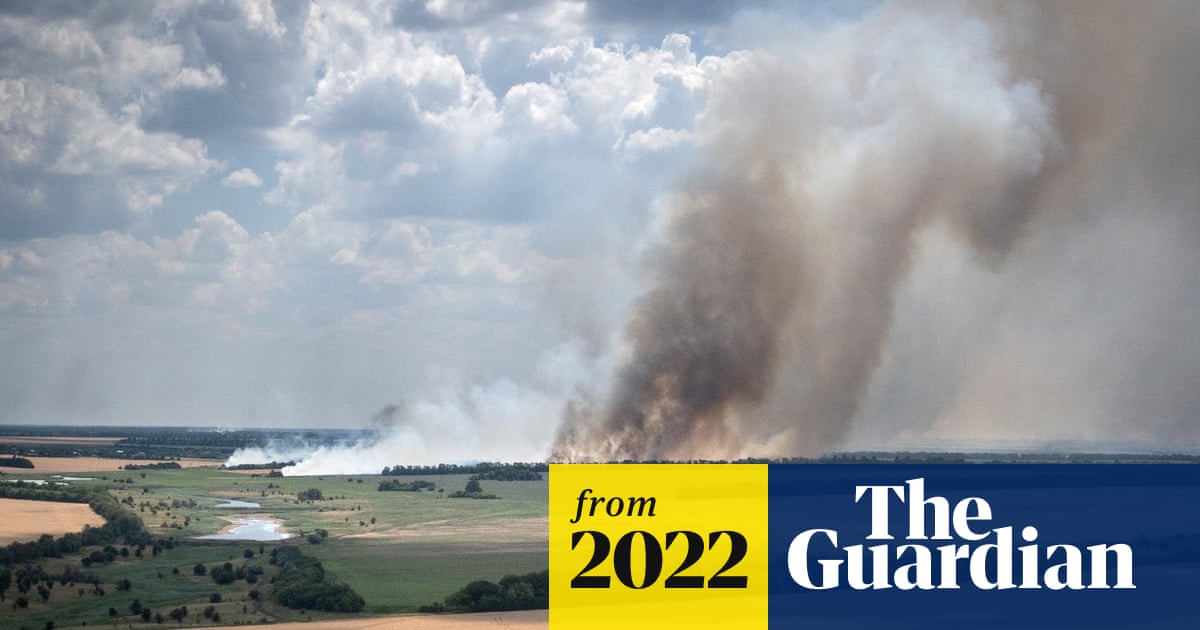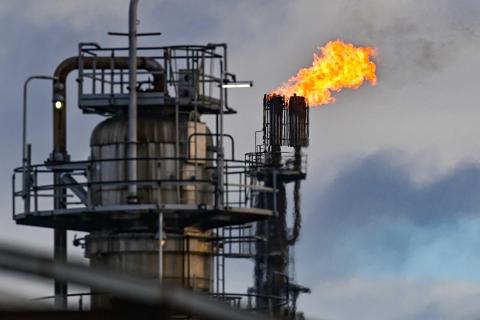More info on the canal exits to the Black Sea for grain in the Snake Islan area
Negotiators from Russia, Ukraine, the UN and Turkey seek deal to enable exports to pass on to the Danube

www.theguardian.com
I'm not sure what this shipping glut at the Danube delta is about. Bystre estuary canal is really shallow, less than 15ft draft and limited to speeds less than 15knots. From there you'll only get to the Romanian Danube ports from where you do what? Same applies to the Sulina branch traffic, where are those ships are going? Normal grain traffic would have been from Mariupol, Kherson, Odessa, etc. to Mediterranean Sea thru the Dardanelles Strait and from there either thru the Suez canal or to the North African and Middle Eastern Mediterranean ports.
It looks that if the Guardian info is right (which is not always the case with theguardian.com) that the ships are loading from Izmail, Bilhorod, Olekasandrivka/Chornomorsk, Odessa, Pivdennyi and Mykolaiv and unload I'd imagine in Braila, Galati and God only knows where else as there are absolutely no other ports further south in Romania (where the "River Danube" callout is).
Problems with that:
1. Izmail seaport is small and pretty much unconnected to most Ukrainian territory. You can get to Romania easy enough, but first you need to pass thru a corner of Moldova, so more fun... Not to mention that the railways change gauge at the Moldova-Romania border...
2. Bilhorod is impossible to connect to any high bandwidth cargo traffic; there are just minor roads and that's the reason why Bilhorod's port is really small, not intended for shipping bulk cargo - Google maps for example shows zero ships docked there. The Dniester estuary opening to Black Sea is crossed by the Zatoka Bridge (Pidyomnyy Mist) which is not very tall too.
3. Odessa's marine approaches are thoroughly mined by Ukraine.
4. Pivdennyi (former Yuzhnyi) is mostly an oil terminal and trans-container facility, not a grain seaport.
5. Mykolaiv traffic has to go thru the Dniprovs'ka Gulf, as in right in front of Kherson which right now is an active battle zone and easily in range of russian tube and missile artillery.
6. Braila and Galati may be main traffic ports for Romania but from there you have to trans-ship to rail to get the grains anywhere else... I guess you can keep going further west and north on Danube River, but you're going the wrong way towards the middle of Europe further away from your destination... And if you want to trans-board in Romania, the Constanta seaport, south of the Danube delta is a way better choice-bigger, better connected.
So I'd like to believe that you have 130 ships of Danube estuary loaded with Ukraine wheat for export thru Romania, but I don't see the logic in it. If you want to ship to Europe (and not to North Africa and Middle East where the traditional clients were) wouldn't make more sense to use rail and trans-board at the Romanian or Polish western and northern borders and from there you can use the EU rail system towards whatever destination? Still not going SW where it should...
Scratching my head on this...





